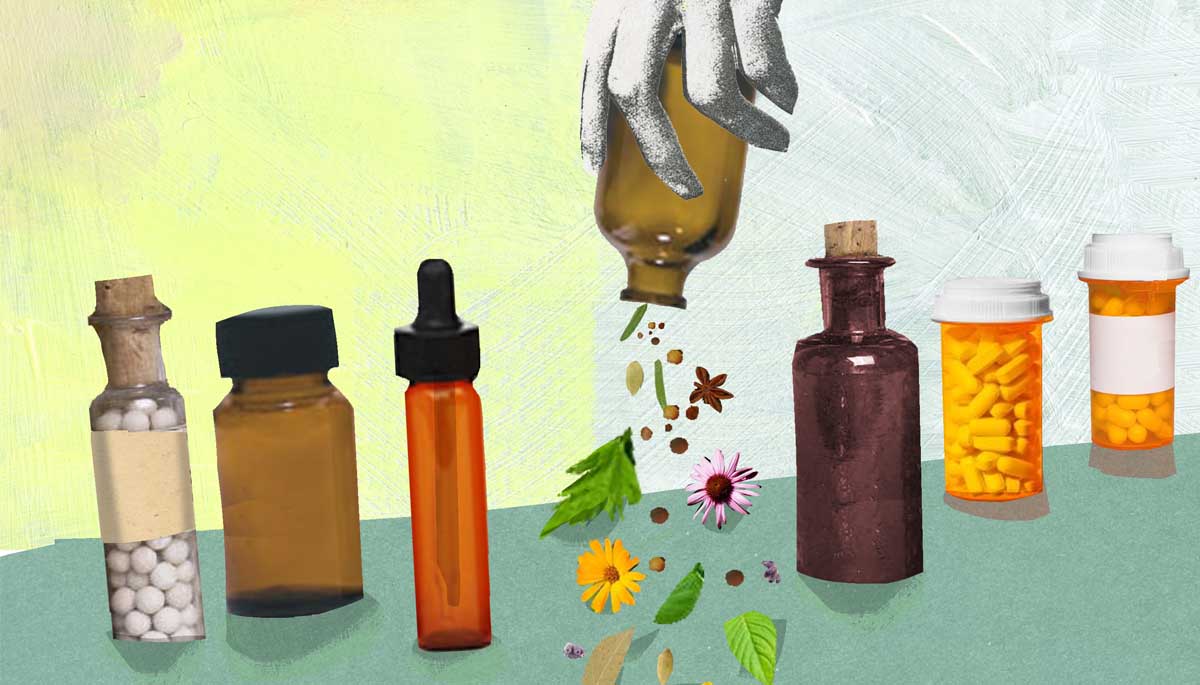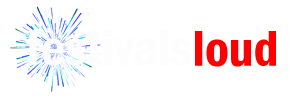World Homeopathy Day is observed every year on April 10 to honor the memory of Dr. Christian Friedrich Samuel Hahnemann who was a great homeopathic pioneer. The day also tests understanding and methods to further improve homeopathy. Let’s uncover some more details about this special day below.
What’s the Origin of Homeopathy?
Homeopathy originates from the Greek homeo, which translates to similar, and pathos meaning suffering or disease. This alternative type of medicine holds that “like cures similar.” In other words, the substances that cause symptoms of the disease cure the condition. Red onions, for instance, are known to make eyes get watery. Because of this, homeopathy employs red onion to treat allergies.

World Homeopathy Day History
“Dr. Christian Friedrich Samuel Hahnemann A physician who was from Germany around 1755 is regarded as the inventor of homeopathy. The term “homeopathy” first was published in 1807. After 200 years it was the World Homeopathy Awareness Organization created World Homeopathy Awareness Week from April 10th through April 16th. World Homeopathy Day kicks off the week on April 10 when it is Dr. Hahnemann’s birthday.
Homeopathy Belief and Healing Process
The homeopathic belief is that ingredients that trigger symptoms can also trigger the body’s healing process. The homeopathic ingredients are comprised of plant minerals, animal and synthetic compounds. The ingredients are typically very dilute. In general, Western medicine dismisses the practice of homeopathy. There are however, documented instances where homeopathy has been able to cure patients of diseases.
As per the Homeopathy Research Institute (HRI) 200 million people across the globe use homeopathy on a regular basis. A majority of these reside in India. There are 200,000 homeopathic physicians within India, with 12,000 doctors added every year.
If you’re in the United States, the numbers are lower. Around 6 million people in the United States use homeopathy for self-care as well as for specific health conditions. Certain countries, such as Brazil, Mexico, and Switzerland make use of homeopathy as part of their health systems.
How to Observe #WorldHomeopathyDay
Many practitioners of alternative medicine use this day to teach their patients about the advantages of homeopathy. To be a part of this celebration, you should learn the basics of homeopathy. Go to your nearest health store to browse the homeopathic products.
Find out about the numerous ailments that homeopathy is utilized to treat, such as:
- Asthma
- Infections of the ear
- Depression and anxiety
- Food allergy
- Dermatitis
- Arthritis
- High blood pressure
To spread awareness, make use of #WorldHomeopathyDay and #isupporthomeopathy for sharing on social media and you can also send some images or videos to your friends on WhatsApp.
Homoeopathy Uses and Links in Various type of Private and Public Projects
The Central Council for Research in Homoeopathy (CCRH), Ministry of AYUSH, Government of India is working to encourage research that will ultimately lead to better public health in India and greater acceptance of Homoeopathy worldwide.
The research activities of the Central Council for Research in Homoeopathy (CCRH) is multi-faceted and the Council is committed to not just conduct high-quality researchbut connect it with training in clinical practice, standardization of clinical practice, and of the manufacturing process for the complete improvement in Homoeopathy. Homoeopathy sector. Facilitating international and national collaborations is also aspect of this plan.
Links with education
As crucial as this linkage is, it’s more difficult to achieve than it is. It will lead to better research opportunities in the institutions of academics in Homoeopathy and is, in turn, the development of our medical schools’ laboratories, enhancing the expertise of our faculty, a greater interaction between research and education institutes, and so on.
Connect with clinical practice similarly, connecting the clinical practice with research could lead to the making clinicians more aware of research needs. This will require systematic, methodologically recorded cases, understanding cases from a research point the patient’s perspective, and having a an understanding that is more thorough and comprehensive of research in clinical practice.
It is also necessary for that the Council in translating its findings into a simple and comprehensible terminology that practitioners can use.
Link with clinical practice
Similar to connecting medical practice with research will result in a sensitization of healthcare professionals to the need for research. This could mean systematic, methodologically recorded instances, understanding of the case from a research point viewpoint, and having a greater and more precise understanding of research in clinical practice. It is also necessary the translation of research into a simple, professional terminology that practitioners can use.
The linkage of research with education and practice
There are around 3 million licensed practitioners working to the field of healthcare and education in the private and public sectors hundreds of thousands of individuals are treated with Homoeopathy each day. However, these cases are not documented in a scientific way.
The lack of data means that it cannot be published in journals of research, or on other platforms for scientific research. The gap between research and practice demands capacity-building of institutions and practitioners both in the public and private sectors.
So, guys that’s all about World Homeopathy Day.
You can send some awesome quotes, messages or slogans to your friends and family members and make them aware about this curing method which completely safe and quite affordable as compare to others cures!
